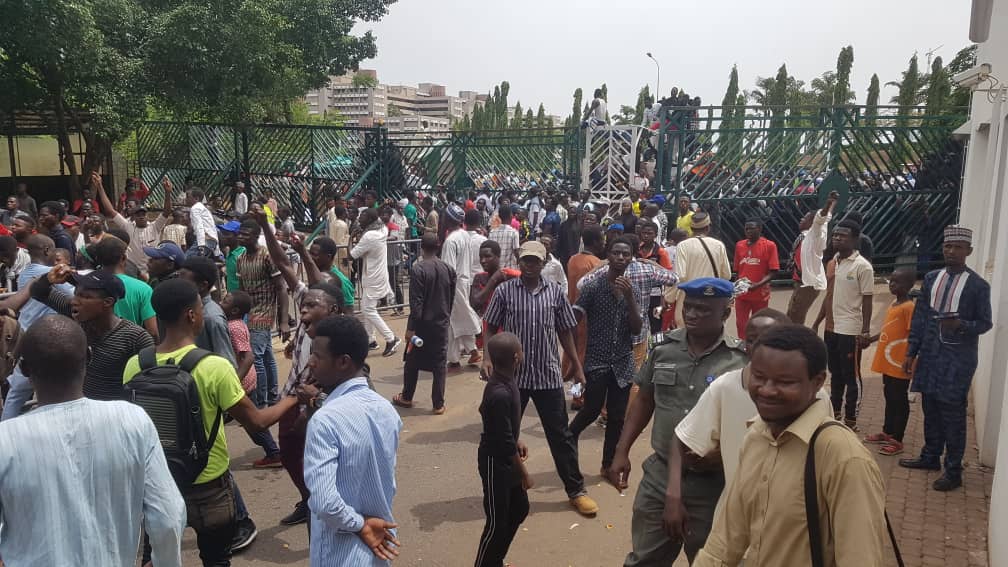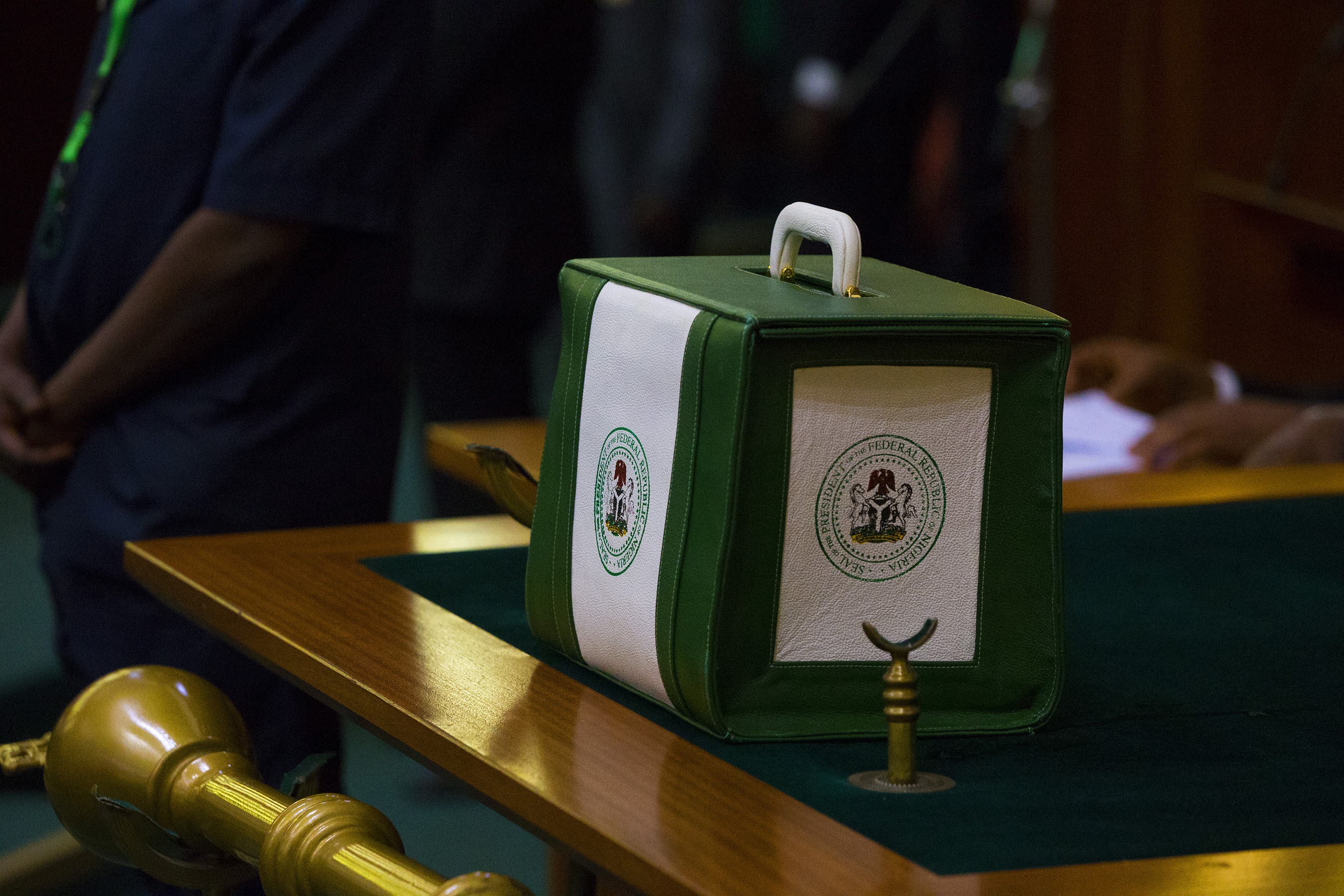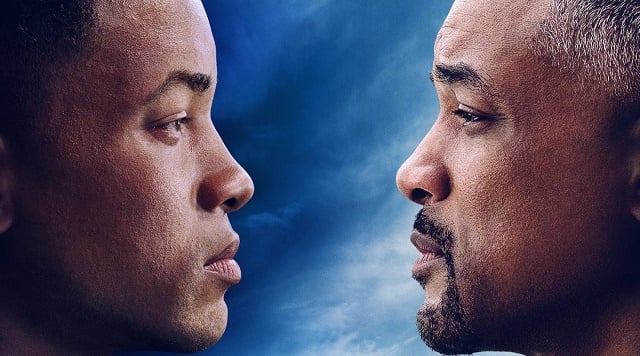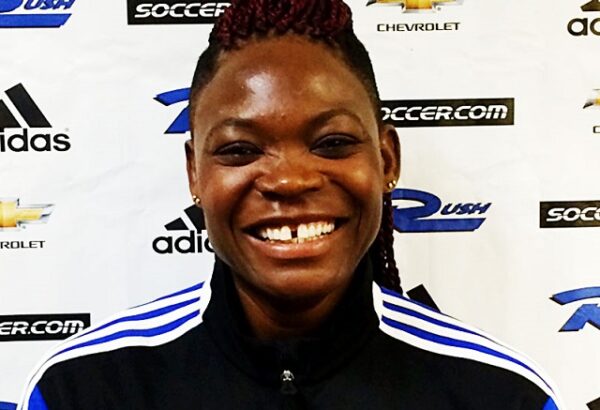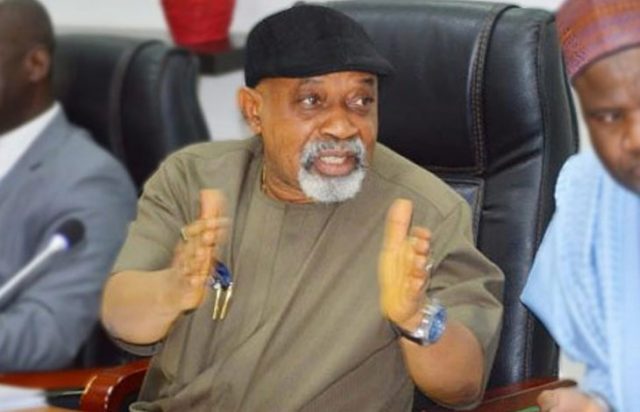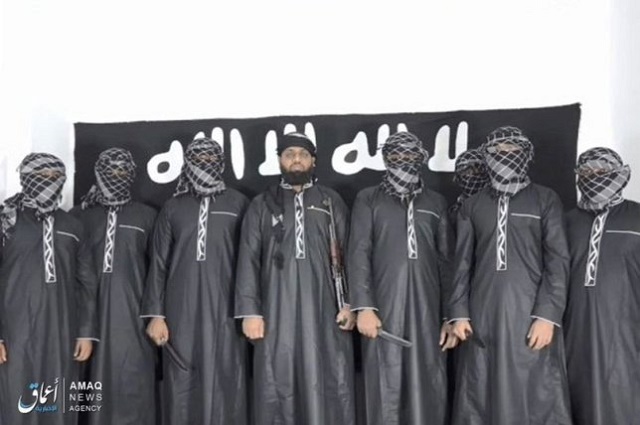Katsina, Borno and Yobe states have taken the lead in Nigeria as cases of measles surge by 700 percent in Africa for the first three months of 2019 compared to 2018.
Every state in Nigeria has recorded a case of measles in 2019, with a total of 2,113 suspected cases reported from 34 states in a single week — the last week of March.
According to WHO, countries in Africa have experienced a resurgence of measles, including outbreaks reported in at least 9 countries (Chad, Cameroon, DR Congo, Liberia, Guinea, Madagascar, Mali, Nigeria and Uganda) in the last 12 months.
Madagascar, in particular, has had a large measles outbreak affecting more than 122,000 cases in the months between October 2018 and April 2019.
Advertisement
A highly contagious disease that accounts for 13 percent of all vaccine-preventable deaths in children younger than five years in Africa, measles infects nine in ten people who are not vaccinated.
As of 2017, only 16 countries in the African Region had achieved 90% or more immunization coverage of the first dose of measles vaccine (MCV1), according to the WHO UNICEF coverage estimates. Across the region, MCV1 coverage has stagnated, at 70 – 73% since 2009.
At the launch of the ninth African Vaccination Week on Wednesday in São Tomé and Príncipe, immunization partners stressed the importance of countries remaining vigilant in the fight against vaccine-preventable diseases.
Advertisement
The theme for this year’s African Vaccination Week is “Protected Together: Vaccines Work!”, emphasizing the power of vaccines in saving lives and keeping everyone healthy, from infants to elders.
African Vaccination Week, from 22 to 28 April, also celebrates the vaccination heroes who help expand the coverage of immunization services across the African region – from parents and community leaders to health workers and innovators.
“We need to work together to improve immunization delivery so that all children are protected from preventable diseases. Recent disease outbreaks on the continent remind us of the urgency of this goal,” Matshidiso Moeti, World Health Organization regional director for Africa, said.
“Outbreaks of measles in Madagascar and Ebola in the Democratic Republic of the Congo underscore the need for increased investments in immunization as a fundamental part of strengthening primary health care systems,” she also stressed.
Advertisement
Vaccines are one of the most effective and cost-effective public health interventions available. Yet, one in five children in Africa still does not have access to all the necessary and basic vaccines a child should receive.
Every year, more than 30 million children younger than 5 years in Africa fall sick due to vaccine-preventable diseases. Of them, more than half a million die – representing 56% of the global deaths related to vaccine-preventable diseases.
In Africa, vaccine-preventable diseases also impose an economic burden of US$ 13 billion every year – funding that could be used to fuel economies and drive development.
In 2017, African Heads of State endorsed the Addis Declaration on Immunization at the African Union Summit, committing to reach all children with life-saving vaccines.
Advertisement
While political will for immunization across the region is high, African Vaccination Week 2019 is a reminder for countries to renew their commitments and redouble efforts to achieve universal access to vaccines.
Partners at the African Vaccination Week launch emphasized the need to move from commitment to action by increasing domestic investments in immunization and strengthening access to vaccines in hard-to-reach areas.
Advertisement
African Vaccination Week is a galvanizing period for the region, in which millions of people receive critical vaccines and screenings. It is also a rallying moment for immunization advocates to encourage governments to keep immunization high on their national and regional agendas.
“Everyone has a role to play in ensuring that children and communities get the immunization services they need – from politicians and community advocates to health practitioners and parents themselves. I hope African Vaccination Week will encourage each of us to do our part and that these collective efforts will drive progress across the region,” said Evaristo do Espirito Santo Carvalho, president of São Tomé and Príncipe.
Advertisement
Add a comment

